If you make or supply products that get water from the UK public mains, you need WRAS approval to install them.
Every part of your relevant products must undergo inspection in the process.
But what exactly is WRAS?
WRAS stands for Water Regulations Approval Scheme.
It is an independent body that aims to ensure a safe water supply for everyone in the country.
And while there is a chunk of official WRAS documentation available, it can be hard to digest for you.
But worry not!
This blog post will help simplify things for you so you can understand how WRAS testing works.
We will also explore why and how magnets, in particular, get their WRAS approval.
Let’s dive in.
The UK government set up national rules in 1999 to push healthy and efficient use of waters.
These were the Water Fittings Regulations and Byelaws.
Companies involved in water fitting had to conform to these rules.
But what would ensure that they were doing so?
That’s where WRAS steps in.
Their approvals help prove compliance with the government’s standards for water usage.
That said, you break no laws if you don’t get WRAS clearance.
You should get (and stay) on the right side of WRAS requirements.
In a nutshell, it makes a lot of business sense to do so.
You might think that you’re already complying 100% with government regulations.
But there’s still a chance that you missed some minor detail that could cause you problems.
And that downside is steep.
Getting found violating the regulations is a direct criminal offense.
There are bodies set up to check the quality of water the public consumes regularly.
An example is the Drinking Water Inspectorate (DWI).
It has been around since as far back as 1990 and audits water companies’ supply quality.
So it’s best to err on the side of caution.
In contrast, having WRAS approval will boost your reputation with customers.
A lot of them likely already expect it.
That’s because people want the reassurance that the water they’re using is harmless.
Some of them may even ask you to show certification outright.
Also, if you want to sell your product at major retail outlets, they will likely expect approvals as well.
And there are many companies already boasting their approvals.
So if your company doesn’t have them, it might stand out negatively.
Any products that have the national water supply as their source need approval.
And there are individual checks for each material making up each of those products.
It would be best if you kept in mind that the concern of water contamination is one part of the approval puzzle.
There are also checks on products for possible wastages, such as losses due to damaged piping.
WRAS pushes for the use of water-saving devices, such as shower regulators.
And they also need to be compliant.
Examples of fittings include baths, boilers, taps (including showers), water conditioners.
Materials include items such as pipe coatings, paints, and linings.
Even repair materials like the rubber tapes used to prevent leakages undergo tests.
From a business standpoint, you should choose your suppliers with care.
That’s because while the UK has laws and a professional body like WRAS, most other countries don’t.
So you may end up with components or parts that are not up to the required standards.
And returning and replacing them can prove to be a costly hassle.
Once you find decent suppliers, communicate conformance details with them for good measure.
This way, you can avoid many headaches down the road.
As a company owner selling products subject to WRAS approvals, the onus is on you to get approved.
Also, homeowners need to ensure their fittings follow the law.
And installation teams are also responsible for the fittings they put into buildings.
Suppliers of parts and components used in fittings can apply for approvals as well.
Finally, in the case of new construction projects, developers oversee conformance activities.
Magnets are beneficial in the process of descaling water.
Descaling aims at removing or limiting the impact of hard water.
Hard water contains a high level of dissolved minerals, especially magnesium and calcium.
And while this type of water is okay to drink and use in other ways, it has its problems.
For example, with usage at home, the main challenge is the low formation of soap foam.
Also, in industrial settings, hard water can cause expensive blockages in water movement.
The role of magnets in such water use situations makes them subject to WRAS approval.
The WRAS demands the fulfillment of specific criteria to test a magnet safe for use.
For starters, magnets should either have non-metallic encapsulation or coating.
The non-metallic material in question also faces tests for the safety of use.
The tests assess the material for the following:
This test checks if the material’s contact with water produces a smell or a difference in taste.
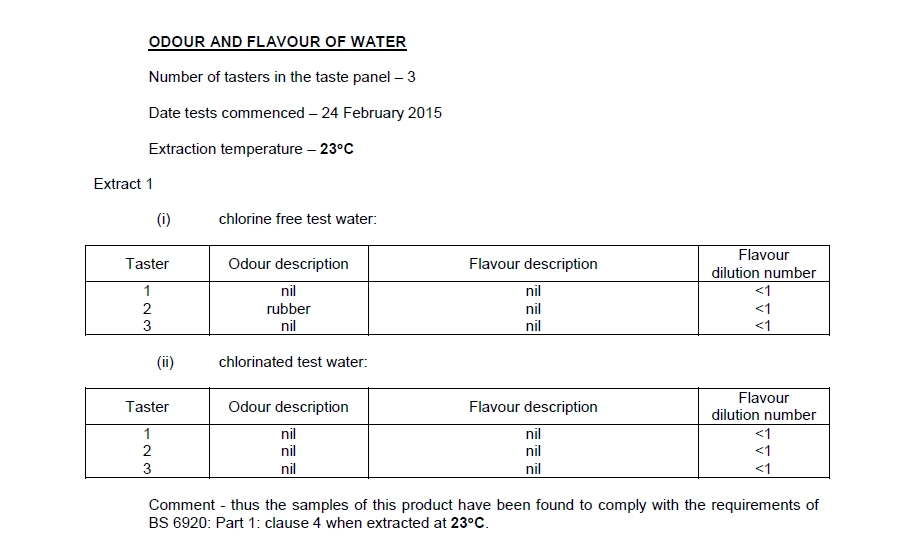
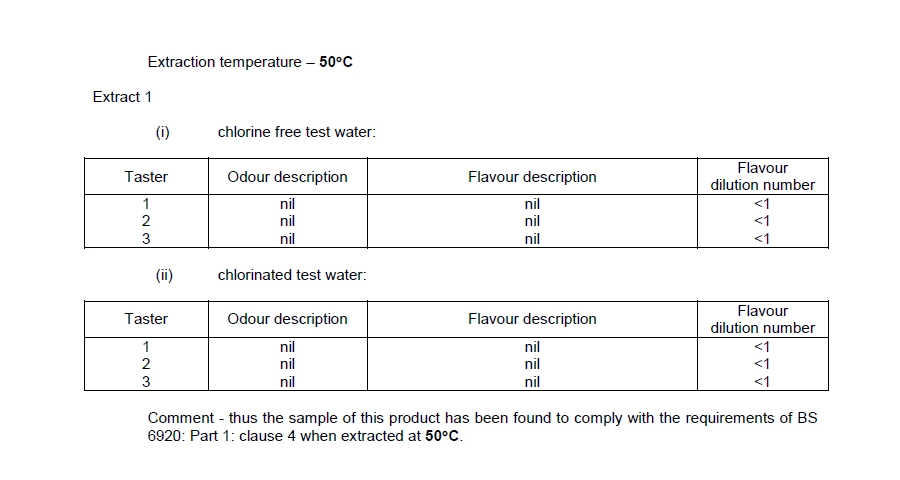
Here, testers observe the water for any changes in color or turbidity.
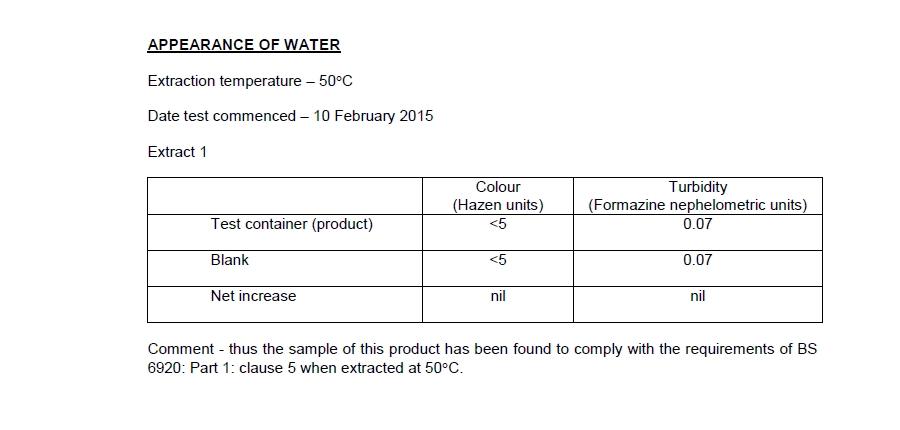
This test is to confirm that the material does not support the spread of microorganisms in water.
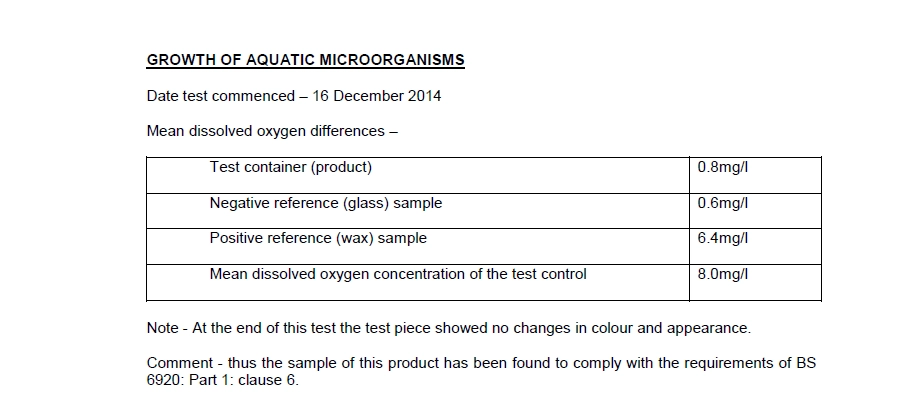
In this test, water in contact with the material comes in touch with a tissue culture to monitor any toxic reaction.
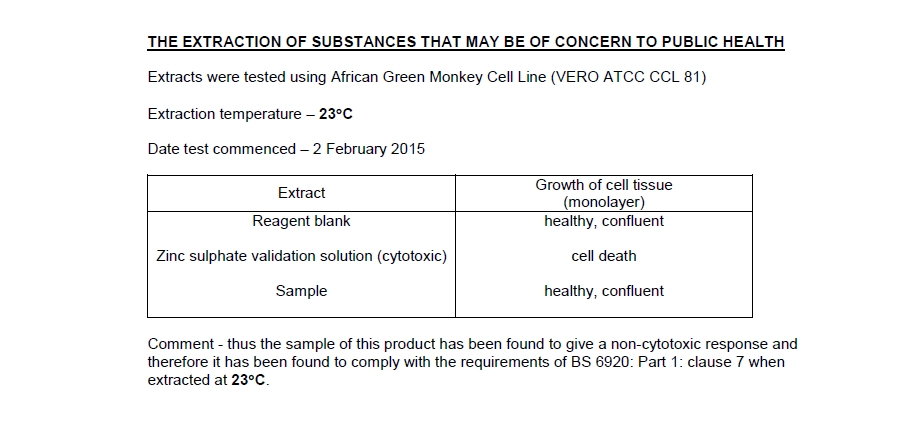
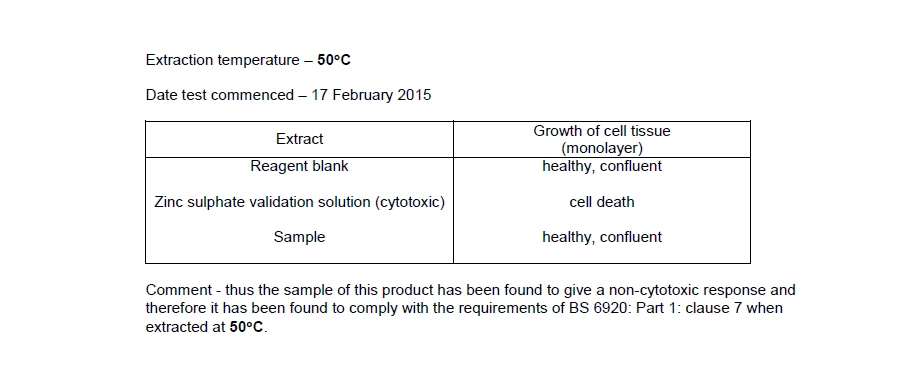
This test determines the leakage of metallic material into the water.
Include metals such as Aluminium, Iron, Mercury, Nickel, and Lead.
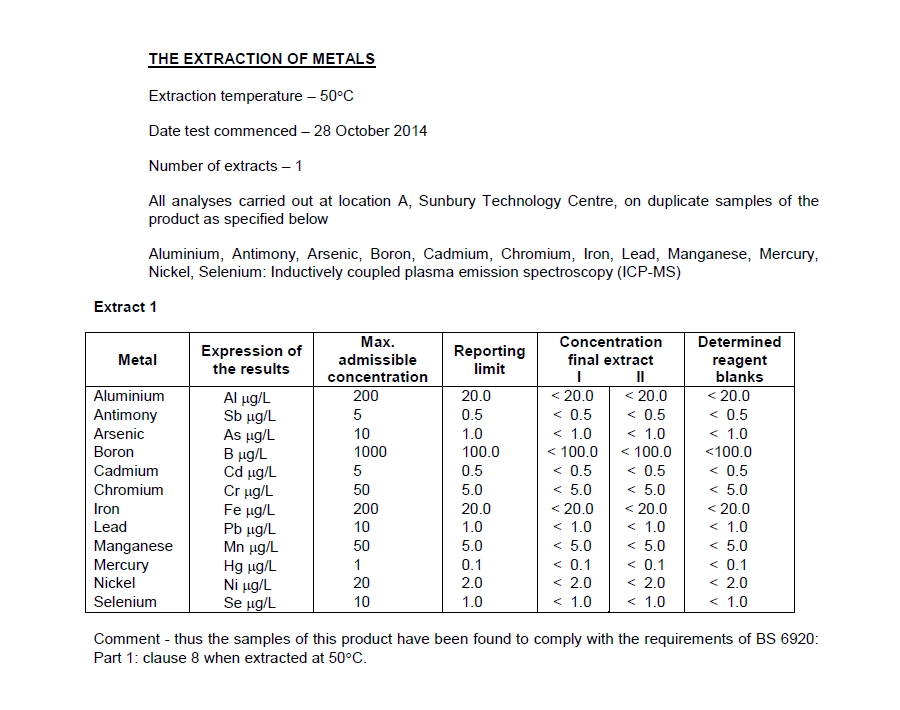
WRAS approval tests usually take 16 weeks to complete.
The number of samples needed depends on the surface area of the individual test pieces.
As a rule of thumb, the total surface area tested should exceed 7.5 x 104 mm².
The WRAS approvals directory is the best place to check approval.
Check it out here.
It divides product types into sections based on their category and specs.
You can click on a relevant section code and see if your product approval shows up there.
A WRAS certificate is valid for five years following the approval date.
But do keep in mind that you may be subject to declare your conformance every year.
Furthermore, WRAS may inspect your products at times during the tenure of approval.
WRAS approvals are relevant if your products connect with the UK’s public water supply in any way.
They help build credibility for your business and help you sidestep legal violations.
You can enjoy the benefits of your certification for half a decade.
So while procuring parts for your products, make sure they conform to WRAS standards.
These may include magnets, which help counter the negative impact of hard water.
They, too, need to undergo various tests to ensure their use won’t contaminate water in any way.
We hope we’ve managed to demystify WRAS approvals for you, and you can deal with them with confidence now.
Direct Solution for Your Production &
Need A Quote?
❶ Technical Specifications ❷ Real-Time Inventory ❸ Instant Quotation